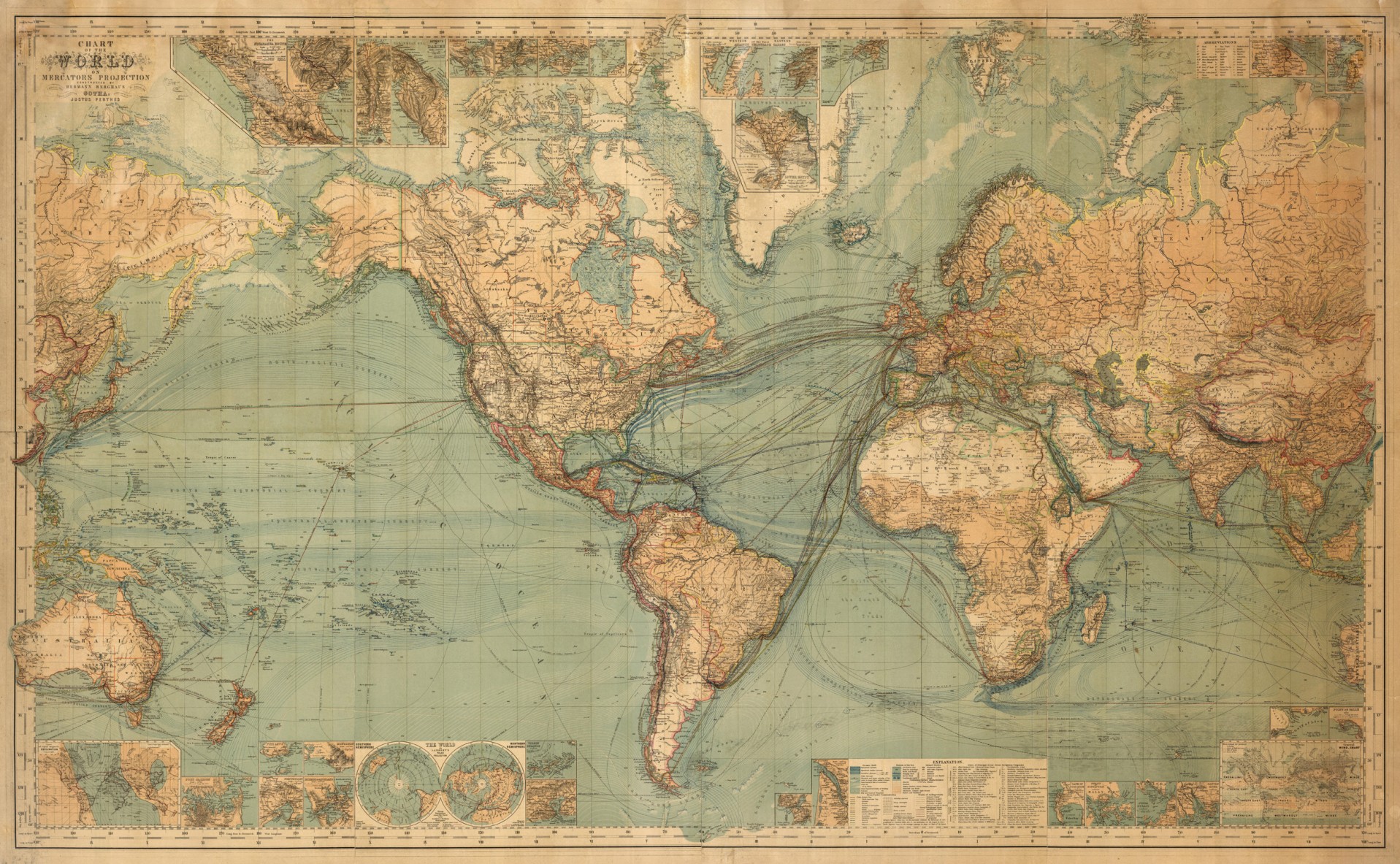A Will can be one of the most complex, difficult and emotional documents to write, especially where assets or beneficiaries are located in one or more foreign countries.
In a country like Australia where some 30% of the population was born overseas and where ties to other lands stretch back to the First Fleet, it is inevitable that overseas held assets will often form a significant part of a Testator’s considerations when drafting a Will.
Until now, legal complexities and uncertainty as to jurisdiction or the validity of an Australian Will have meant that even where the executors of a Will and the beneficiaries were in agreement as to the administration of an estate, the likelihood of lengthy and expensive litigation was a distinct possibility as seen in the recent case of In the Estate of Constantinou [2012] QSC 332.
To simplify succession law in Australia, the Australian Government has now acceded to the Convention Providing a Uniform Law on the Form of an International Will 1973 which entered into force for Australia on 10 March 2015. All states and territories have passed legislation to give effect to the convention.
The Convention was developed by the International Institute for the Unification of Private Law (UNIDROIT), a forum which aims to develop international instruments to assist in the harmonisation of private international law principles between member countries.
The Convention seeks to harmonise and simplify proof of formalities for Wills that have international characteristics. It does this by setting up a uniform law introducing a new form of Will, known as an ‘International Will’, which is recognised as a valid form in all countries that are party to the Convention. The uniform law is annexed to the Convention and establishes the International Will as an alternative form of Will available to prospective testators.
In practice, for an international Will to be valid, it will need to be signed by the Testator in the presence of two independent witnesses, and a third witness who is an “authorised person” such as a legal practitioner or a notary public.
As well as witnessing the Will, the legal practitioner or a notary public is required to provide a certificate, to be included with the original Will, confirming that the process for the preparation of an International Will has been complied with in accordance with the Convention.
At Calvados + Woolf Lawyers, we can assist you in drafting both simple and complex Wills, including International Wills.
In addition our Principal Marie Sheehy is a member of STEP, the International Society of Trust and Estate Practitioners and can advise you on the most effective estate planning, succession and asset protection structures to suit your particular circumstance.
Call Calvados + Woolf Lawyers and arrange an appointment to discuss your situation and requirements.
International Wills can now be drafted and executed between Australia and the following countries:
- Belgium
- Bosnia-Herzegovina
- Canada
- Croatia
- Ecuador
- France
- The Holy See (Vatican City)
- Iran
- Italy
- Laos
- Libya
- Niger
- Portugal
- Russian Federation
- Sierra Leone
- Slovenia
- United Kingdom
- United States of America




Comments are closed